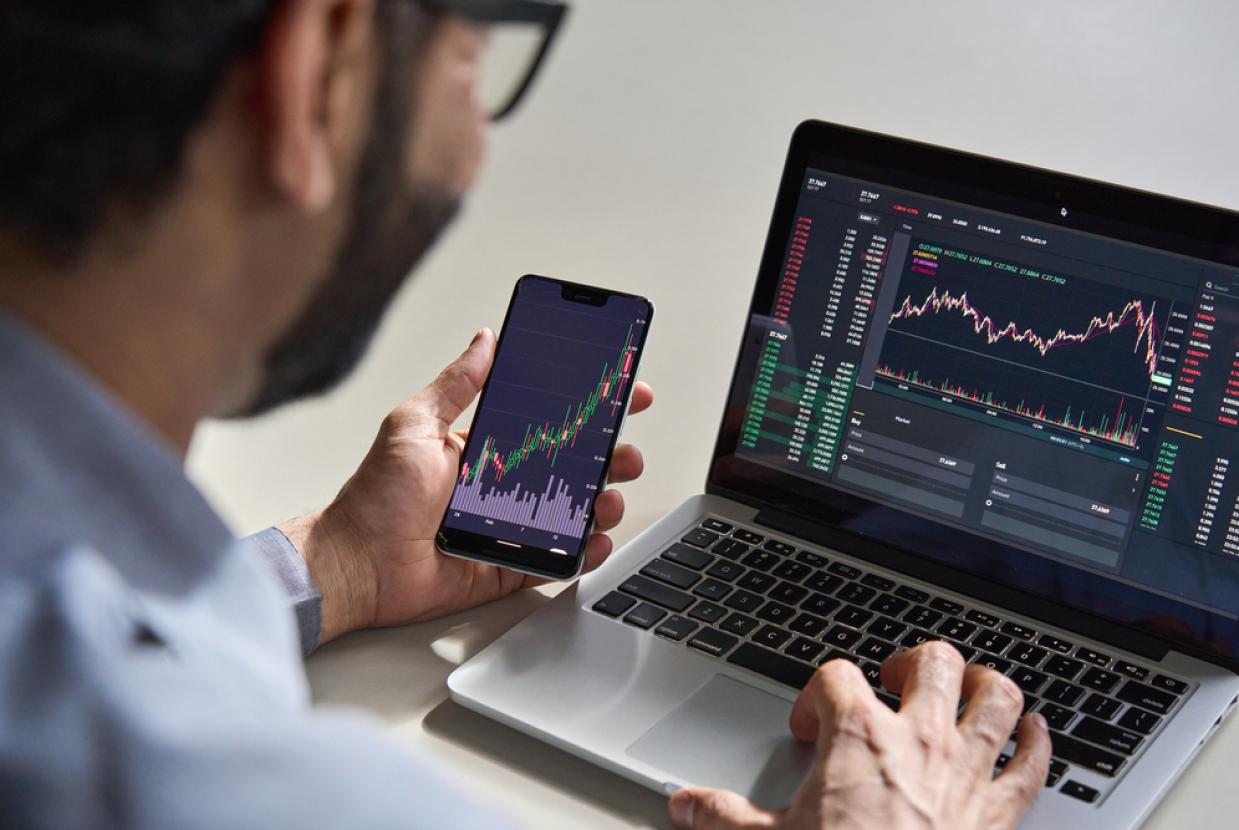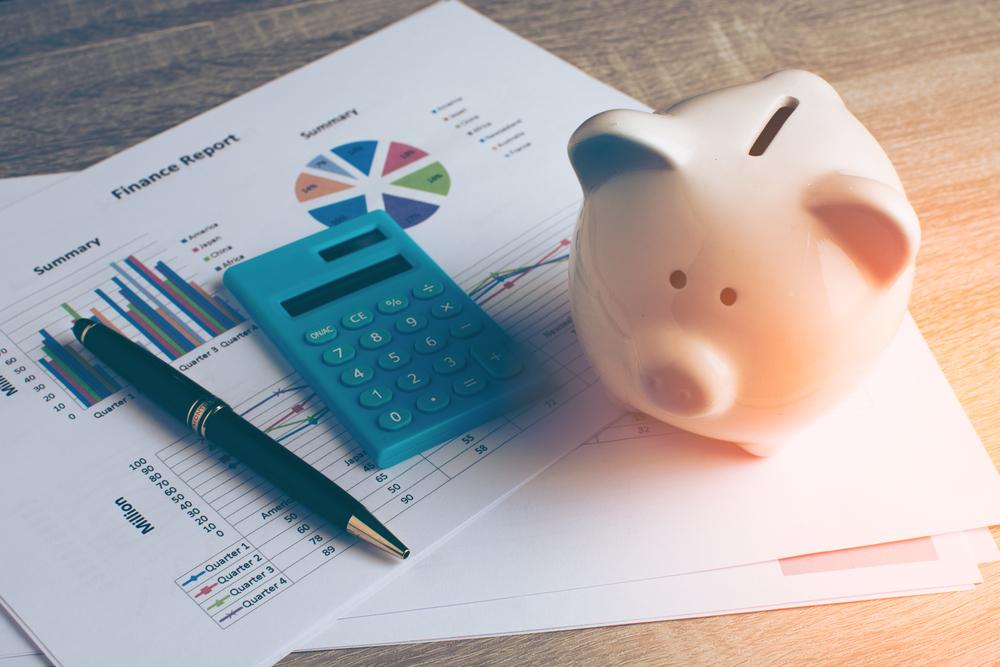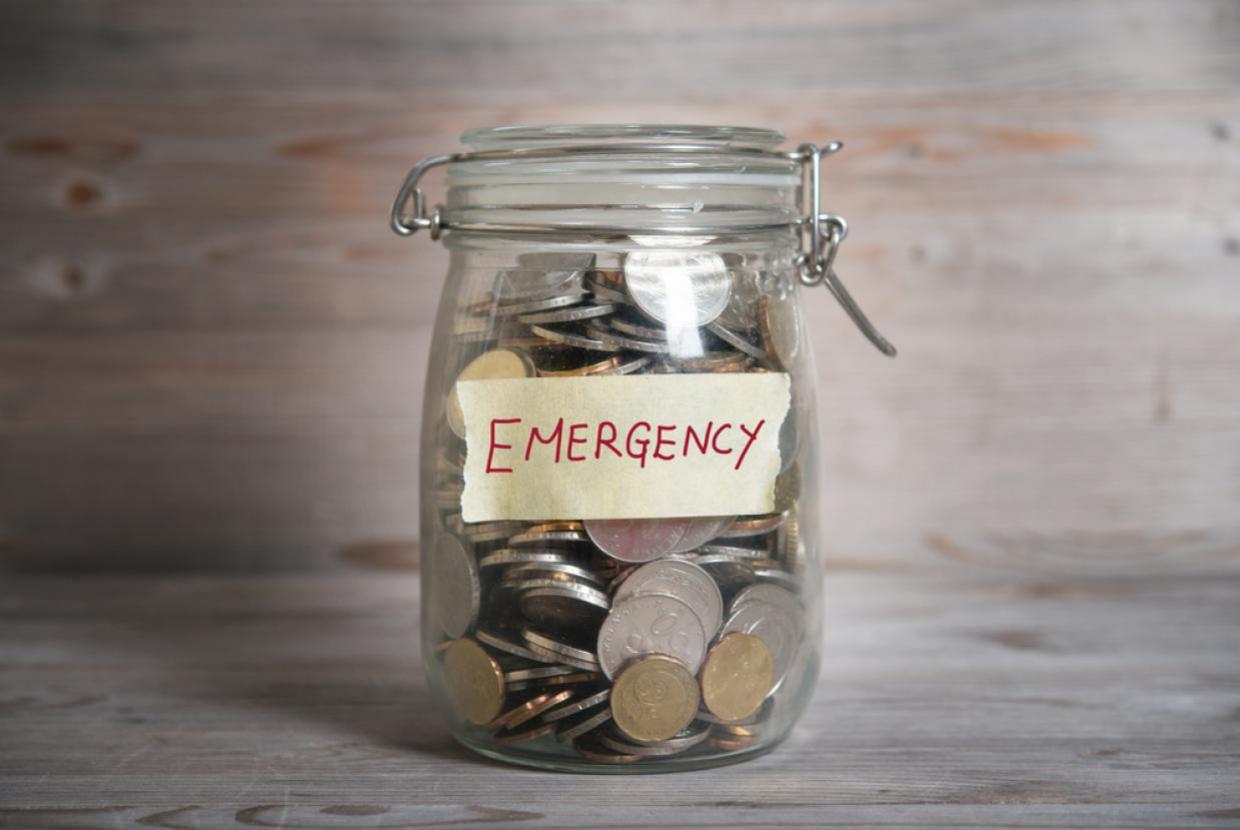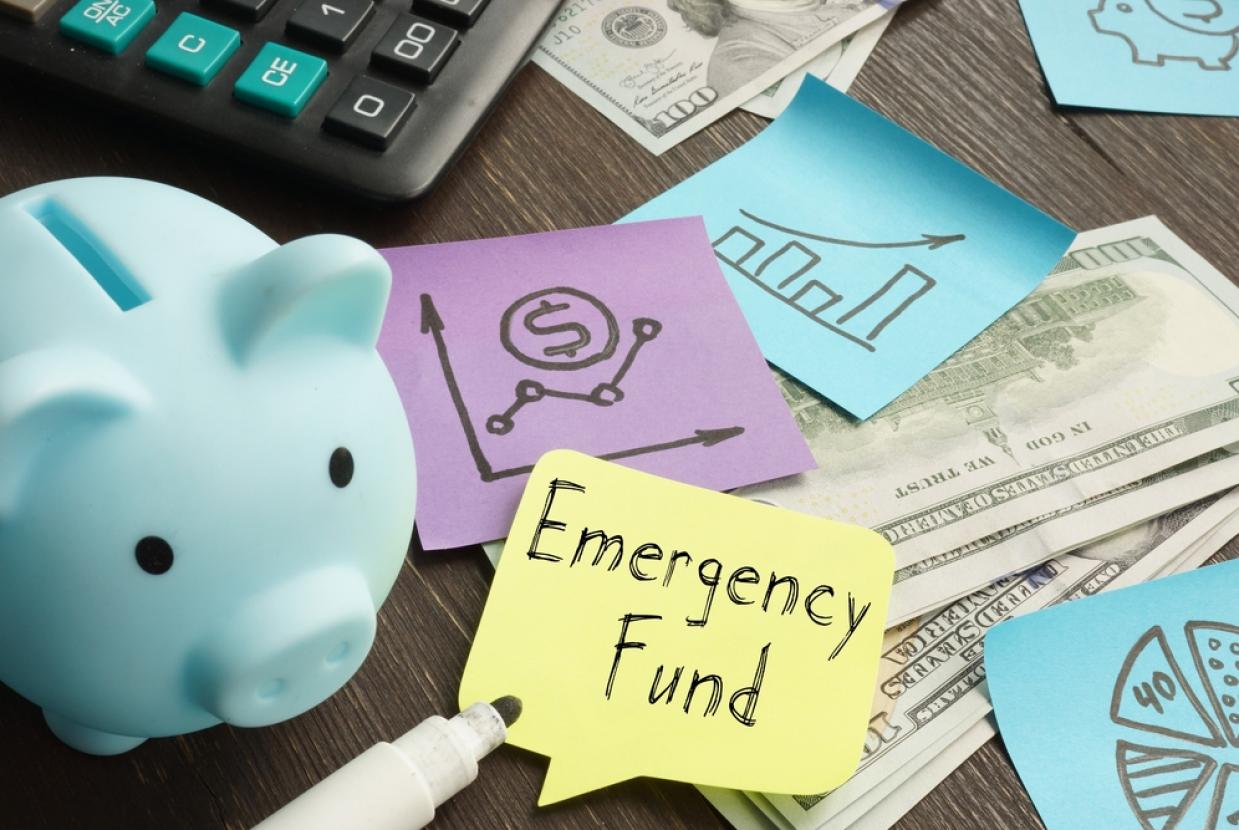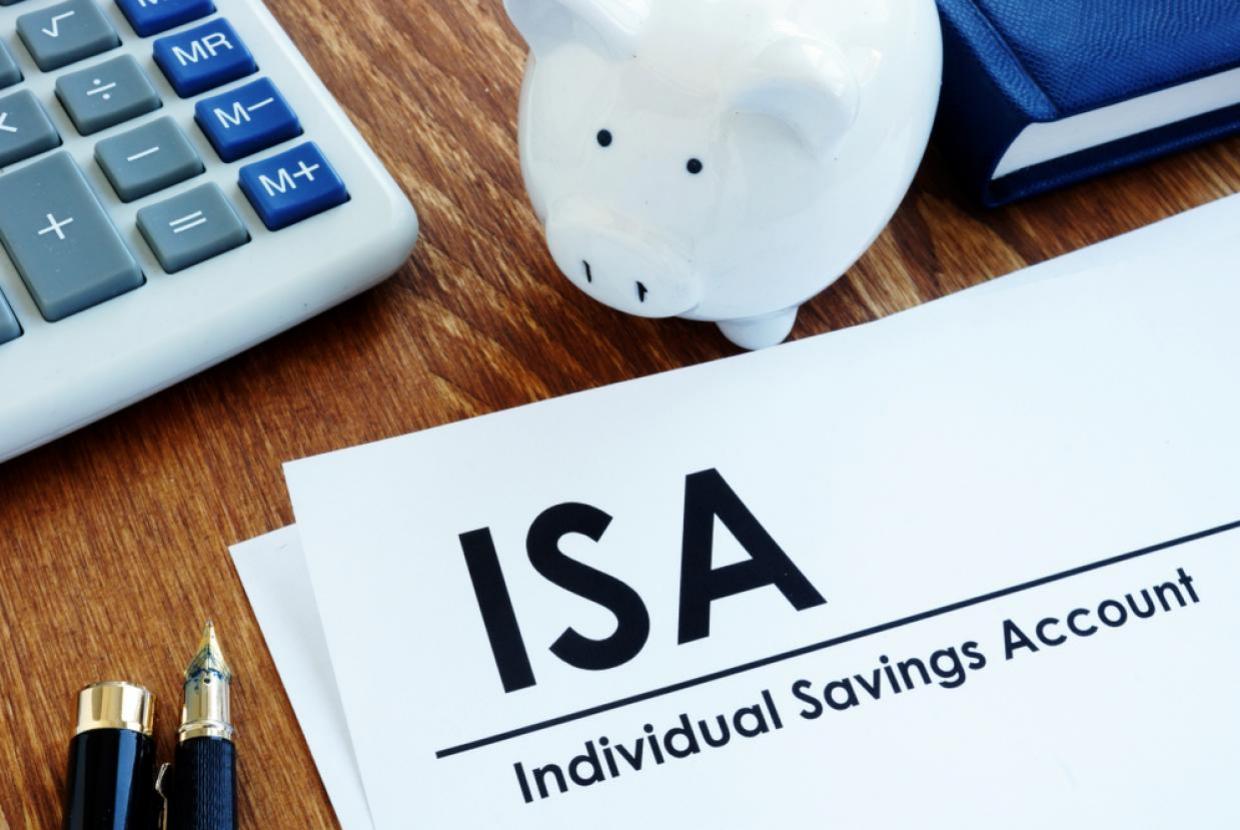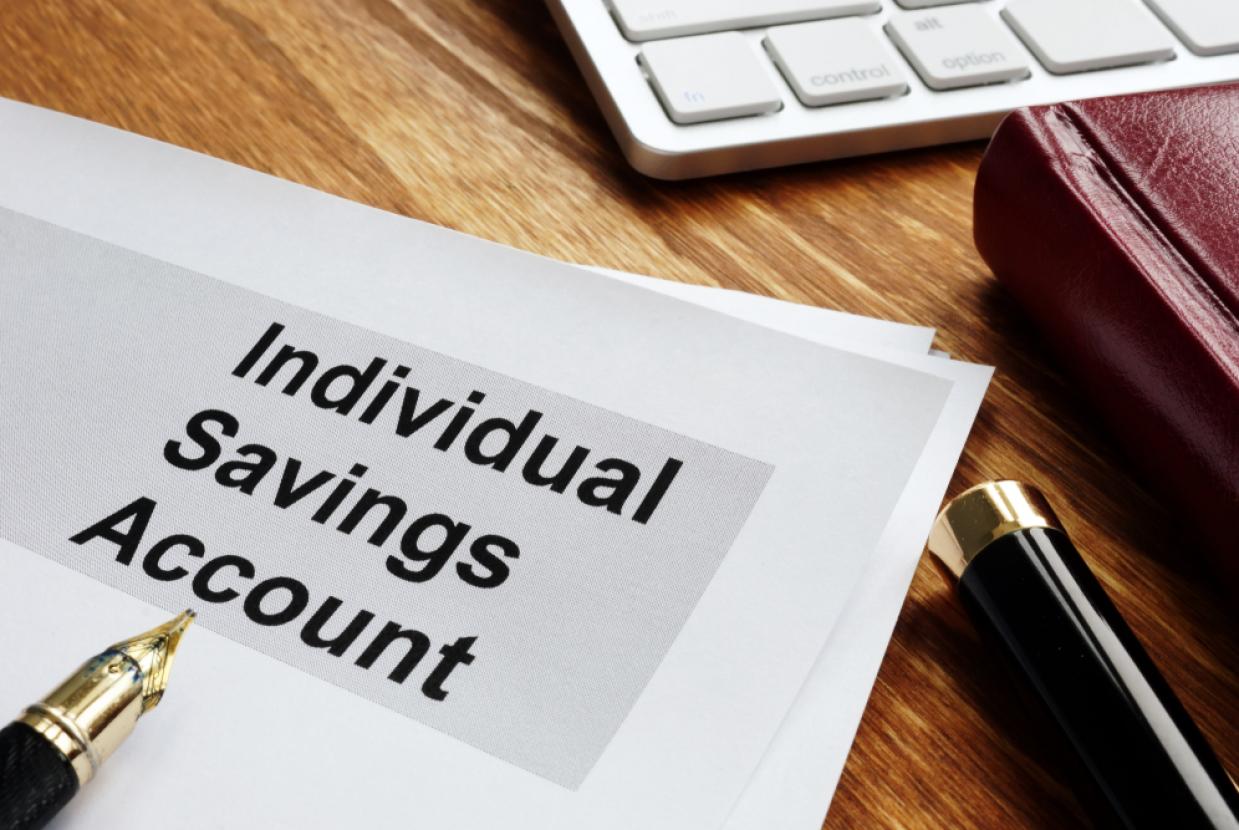High-Risk Investments
Investments that promise to give you big returns tend to come with big risks too. This guide covers the main types of high-risk investments. They’re not illegal, or scams (although some have scams linked to them). But if you invest, you have to accept that you might end up with nothing, or even owing money.
What are high-risk investments?
There are lots of investment products that are considered high risk. Just because a product is high risk doesn’t mean you should avoid it at all costs. But it does mean you need to be sure that the product is suitable for you and is in line with your objectives and appetite for risk. Investing in a high-risk product that isn’t suitable for you can be a very expensive mistake.
There are some general points to remember when thinking about investing in a high-risk product:
- The higher the potential for high returns, the greater the potential for losses.
- You might not be covered under the Financial Services Compensation Scheme (FSCS), unless there has been misconduct by an authorised adviser or arranger (For example, if the product was mis-sold).
- Consider how much you could afford to lose before investing.
Common high-risk investments
This is a very brief overview of high-risk products that you might need to be aware of.
Mini bonds
Sometimes called high interest return bonds, these allow you to invest in a company and receive a fixed rate of interest over a set period of time. Your initial investment is returned to you at the end of the agreed term. The high returns typically on offer reflect the higher risks involved.
They are typically issued by small companies, start-ups, or companies that are finding it difficult to raise capital from institutional investors. This means they’re high risk investments, as there is a greater risk of delays to your interest payments and, if the company fails, you might lose your original investment.
As you’re locked into the investment for a set period of time, they’re not suitable for investors who might need access to the money. Since 1 January 2020, the FCA has banned companies from advertising ‘speculative mini-bonds’ to most people.
Unregulated collective investment schemes (UCIS)
- Collective investment schemes pool contributions from lots of people are pooled into an investment fund. Some are regulated by the FCA – but some are not.
Find out more about unregulated collective investments on the FCA site
Spread betting
- Spread betting is more like placing a bet than making an investment. You bet on whether something – like the value of a share – will go up or down. The more it changes, the more you stand to win or lose.
- Originally, spread betting was all about the performance of the stock market. These days you can place spread bets on virtually anything you like, such as sports, reality TV and politics.
Contracts for Difference (CFDs)
- Contracts for difference (CFDs) are a lot like spread betting – you predict whether the value of a particular asset will go up or down. But with CFDs you buy an interest in the price movement, rather than placing a bet on it.
- As with spread betting, with CFDs, it’s possible to lose more than your initial investment.
- Make sure you understand the risks before you buy CFDs.
- Collective investment schemes pool contributions from lots of people are pooled into an investment fund. Some are regulated by the FCA – but some are not.
Cryptocurrencies
A cryptocurrency is a form of digital asset. There’s no physical money attached to a cryptocurrency, so there are no coins or notes, only a digital record of the transaction.
Cryptocurrencies come in many forms including:
- Bitcoin and other long-established tokens
- Stable-coins whose value is attached to fiat currencies, for example Tether
- as well as a plethora of more volatile coins.
Things to watch out for
- Some cryptocurrency prices tend to be very unstable; if you’re investing with the hope of making money, it’s very easy to lose some or all your original investment.
- Cryptocurrency investors can be targeted by fraudsters.
- The complexity of some cryptocurrency products can make it hard for investors to understand the risks.
- There is no guarantee that crypto-assets can be converted back into cash. Crypto-ATMs must be registered with the FCA. Currently, there are no crypto-ATMs registered to operate legally in the UK.
Find out more about the risks associated with cryptocurrency and what to watch out for in our blog Investment and scam risks with cryptocurrency.
Non-fungible tokens (NFTs)
Non-fungible tokens (NFTs) are digital proofs of ownership for specific assets. They’re often linked to digital items like pictures, digital trading cards, web domains, or social media posts from famous people, and can also represent physical assets like wine, with the NFT showing who owns the wine stored centrally.
Like cryptocurrency, NFTs use complex technology for security, but there can be significant risks if this security fails.
The investment risks of NFTs depend on the asset they represent, but many are very high-risk or speculative, so you should be cautious when investing.
Land banking
- Land banking is an investment where you buy a plot of land that hasn’t been granted planning permission – in the hope that planning will be granted and the plot will significantly increase in value.
- Generally land banking schemes are not authorised by the Financial Conduct Authority (FCA).
Some land banking investments are simply scams. Find out more on the FCA’s website
How to protect yourself
- It’s important to understand what you’re signing up to – especially the risks and charges. If it sounds too good to be true, it probably is.
- Don’t take the first product you see or one where a company contacts you unexpectedly. Always compare products to make sure you’re getting the right one.
- Read the paperwork you get and make sure you understand it – don’t hesitate to ask questions if anything isn’t clear.
- Some investment products are provided by companies that are not regulated by the Financial Conduct Authority (FCA). If the company is not regulated then you will not be covered by the Financial Ombudsman Service (FOS) or the Financial Services Compensation Scheme (FSCS).
Get financial advice
High-risk investments can be complex. Financial advisers can help you find the right investment products and avoid those that are unsuitable for you.


